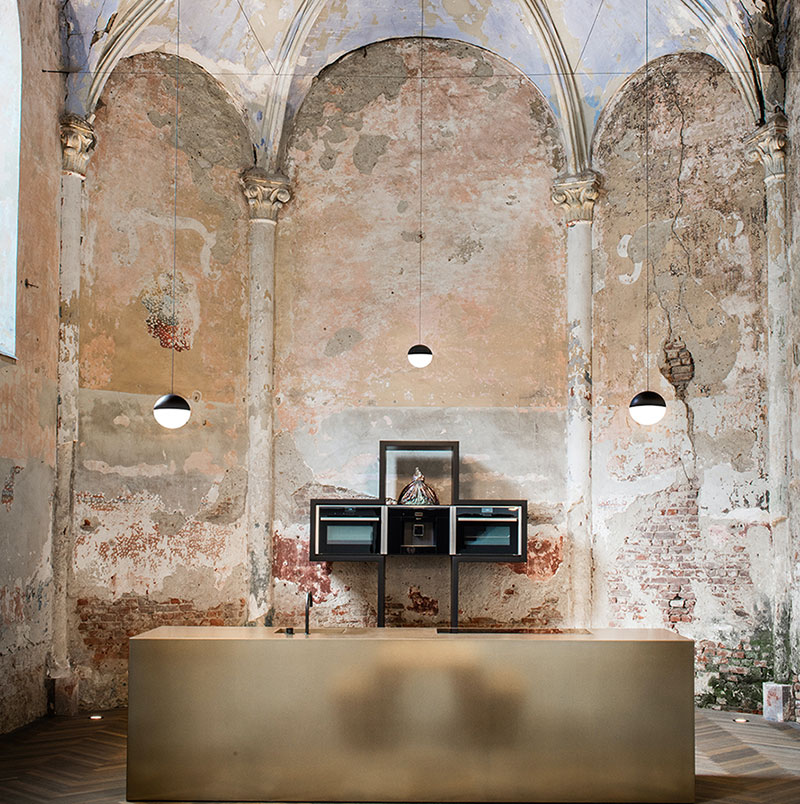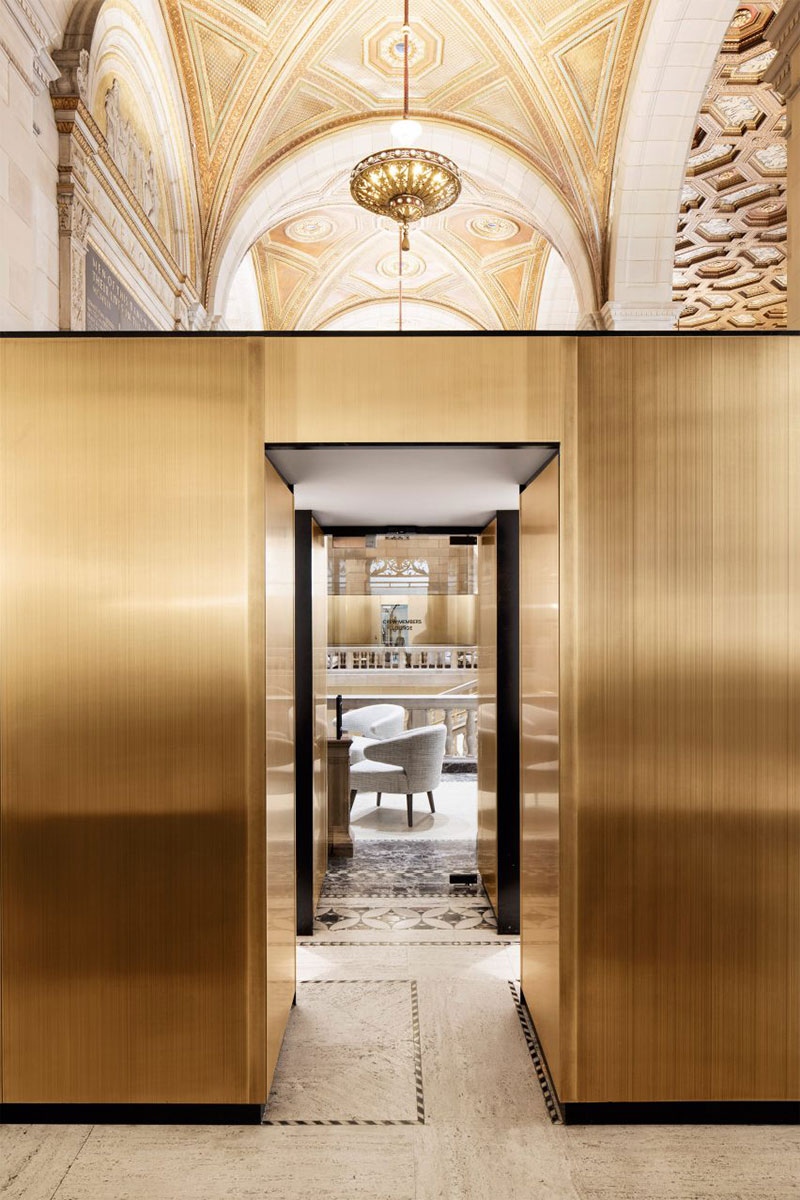Art, Interesting and Culture
Offices have taken a backseat in recent years due to the ever-growing need for spaces that can accommodate the 'free agent'. While it may hold true that many companies have in fact left the longstanding concept of an office behind them, there is, in response, an evolving paradigm shift in companies to 'recognise the role of the working environment in the productivity of their teams'.
Along-side the ideology of investing in the working environment and creating spaces of inspiration, is the coinciding notion of enhancing and facilitating community. A prime example of this workplace synergy and interdependence exudes from Kapel De Waterhond (The Waterdog) in the town of Sint-Truiden, Belgium. The offices are no usual revamp, with careful intelligence reflected in its design, proving to be more than a restoration and a beautiful workspace.

Despite intentions to reimagine and repropose these spaces, there is a common thread that runs through the design. Whilst reconfiguration of the structure to meet the needs of a working office is central, maintenance of the integrity and history of the existing structure comes in at a close second.
From a dilapidated chapel to a workspace with purpose, The Waterdog is a prime example of how our thought processes around the working environment of companies is being truly considered and subsequently altered. With a consciousness for community, this 50-year dormant structure now poses as a space that has hosted art exhibitions, corporate dinners, jazz concerts and photo shoots – in addition to its role as a workspace.
A former bank in the historic centre of Montreal is another exemplar transformation. Providing as both an office and a space for freelance workers, Crew Offices and Café by Henri Cleinge has seen a 1926 Royal Bank transform into an environment that encourages community by facilitating interaction between its members and workers.
"This environment was meant to create a flow and possible interactions between permanent and temporary workers, nurturing co-working in the tech community," says Cleinge.

Adaptive reuse allows an insight into the everevolving focus on our working environments and ultimately the importance companies are placing in it, allowing their employees to work from spaces that provide more than a mere desk.

